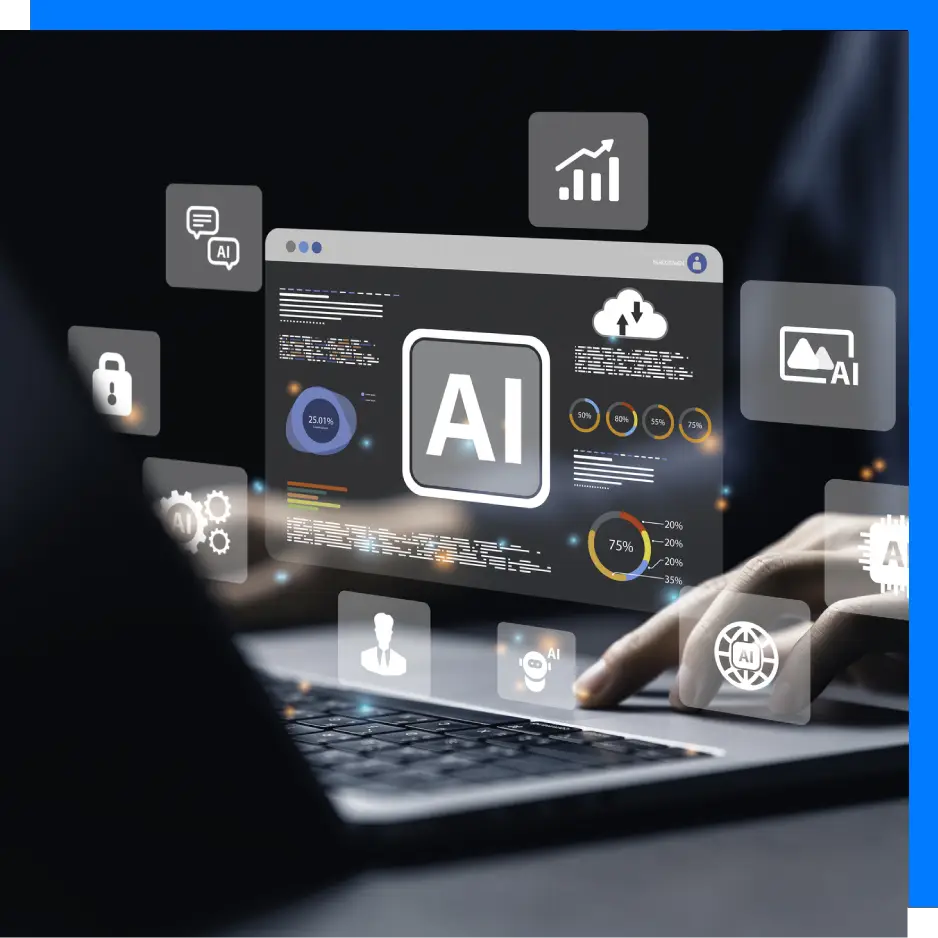
Advanced Cloud Computing Professions
Cloud Computing Professions
Cloud Architecture
Cloud architecture refers to the design and structure of a cloud computing environment. It outlines how various components (such as servers, storage, networks, and applications) interact to deliver scalable computing services over the internet, allowing on-demand access to resources.
Key Aspects of Cloud Architecture:
Components: Includes hardware, virtualized resources, software, virtual networks, and other elements that create a cloud environment.
Scalability: Allows for flexible scaling based on demand, enabling users to increase or decrease computing power as needed.
Layers: Consists of a front-end layer (user interface), a back-end layer (processing and data storage), and a cloud delivery layer.
Benefits: Provides cost efficiency, reliability, adaptability, and on-demand access to resources.
Cloud Engineering
Responsibilities of a Cloud Engineer:
Designing and Implementing: Define cloud architectures that meet organizational needs.
Deploying: Set up cloud solutions in different environments.
Managing: Oversee infrastructure, data storage, and software updates.
Troubleshooting: Address issues with cloud-based platforms.
Staying Updated: Keep up with cloud application advancements.


Cloud Specialties
Cloud specialties refer to specific areas of expertise within cloud computing, where professionals focus on particular aspects of cloud technology. This allows them to provide tailored solutions in domains like architecture design, data analytics, security, or machine learning.
Key Cloud Specialties:
Cloud Security Architect: Designs and implements robust security measures.
Data Analytics Engineer: Builds and manages cloud-based data pipelines for insights.
DevOps Engineer: Automates cloud infrastructure provisioning and application deployment.
Cloud Migration Specialist: Plans and executes on-premises to cloud transitions.
Benefits for Businesses: Leveraging cloud specialists enables companies to optimize cloud usage, improve performance, and address complex technical requirements.
DevOps Engineer
Role Overview:
DevOps Engineers bridge the gap between software development and IT operations to enhance collaboration and productivity. In cloud computing, DevOps focuses on automating and optimizing processes across cloud infrastructure to improve deployment speed, reliability, and scalability.
Key Responsibilities:
- Automation: Develop and implement automated processes for software testing, deployment, and infrastructure management to reduce manual tasks and improve consistency.
- Continuous Integration/Continuous Deployment (CI/CD): Design and manage CI/CD pipelines that allow for frequent and reliable code changes to be deployed with minimal manual intervention.
- Infrastructure as Code (IaC): Use tools like Terraform, Ansible, or AWS CloudFormation to automate the provisioning of cloud infrastructure, ensuring scalability and reducing setup time.
- Monitoring and Logging: Set up monitoring tools to track the performance and health of applications and infrastructure. Use logging and alerting systems to detect and respond to issues proactively.
- Collaboration: Work closely with development and operations teams to ensure smooth, efficient workflows, often using collaboration tools like Slack, Jira, and GitHub.
Required Skills:
- Scripting and Programming: Proficiency in languages like Python, Ruby, or Bash for automation tasks.
- Cloud Platforms: Familiarity with AWS, Azure, or Google Cloud, and their DevOps-related services (e.g., AWS CodePipeline, Azure DevOps, Google Cloud Build).
- CI/CD Tools: Knowledge of tools like Jenkins, GitLab CI/CD, CircleCI, and Kubernetes for deployment automation.
- Containerization: Experience with Docker and Kubernetes for deploying and managing containerized applications.
- Configuration Management: Understanding of tools like Ansible, Puppet, or Chef to manage and configure cloud infrastructure.
Common Certifications:
- AWS Certified DevOps Engineer - Professional
- Microsoft Certified: Azure DevOps Engineer Expert
- Google Professional DevOps Engineer


Machine Learning Engineer
Role Overview:
Machine Learning Engineers develop, train, and deploy machine learning models, leveraging cloud infrastructure to process and analyze large datasets. In the cloud, ML engineers use various tools to automate and scale model training, tuning, and deployment, enabling real-time insights and predictions for businesses.
Key Responsibilities:
- Data Collection and Preprocessing: Gather and clean data to ensure high-quality input for machine learning models. This involves handling large datasets and managing data pipelines in cloud environments.
- Model Training and Tuning: Use algorithms and ML frameworks to build predictive models. Fine-tune model parameters to improve accuracy and efficiency.
- Deployment and Integration: Deploy machine learning models in cloud environments using tools like TensorFlow Serving, AWS SageMaker, or Azure Machine Learning to integrate models into live applications.
- Model Monitoring and Maintenance: Continuously monitor models in production to ensure they perform as expected, handling model retraining and updates as necessary.
- Collaboration with Data Scientists: Work closely with data scientists to transition models from research to production, optimizing them for performance and scalability.
Required Skills:
- Programming: Proficiency in Python, R, or Java, particularly with libraries like TensorFlow, PyTorch, or Scikit-Learn.
- Data Processing and Analysis: Familiarity with tools like Apache Spark, SQL, and data visualization libraries to manage and analyze large datasets.
- Machine Learning and Deep Learning: Strong understanding of ML and DL concepts, including supervised/unsupervised learning, neural networks, and algorithms.
- Cloud ML Services: Experience with cloud machine learning tools, such as AWS SageMaker, Google AI Platform, or Azure ML Studio, for scalable training and deployment.
- MLOps: Knowledge of machine learning operations (MLOps) for automated model training, testing, and deployment.
Common Certifications:
- AWS Certified Machine Learning – Specialty
- Google Professional Machine Learning Engineer
- Microsoft Certified: Azure AI Engineer Associate
Advanced Certifications
Below is a list of advanced cloud certifications for those aiming to deepen their expertise in specific cloud technologies and roles. Each certification title is hyperlinked for easy access to more information.
Architect and Engineering Certifications:
- Cloud Architect
- Cloud Database Engineer
- Cloud Developer
- Data Engineer
- Cloud DevOps Engineer
- Cloud Security Engineer
- Cloud Network Engineer
- Google Workspace Administrator (retiring soon)
- Machine Learning Engineer
- Google Certifications: Click Here
AWS Certifications:
- AWS Certified Solutions Architect - Associate
- AWS Certified Developer - Associate
- AWS Certified SysOps Administrator - Associate
- AWS Certified Solutions Architect - Professional
- AWS Certified DevOps Engineer - Professional
- AWS Certified Security - Specialty
- AWS Certified Big Data - Specialty
- AWS Certified Advanced Networking - Specialty
- AWS Certified Machine Learning - Specialty
- AWS Certified Alexa Skill Builder - Specialty
- AWS Certifications: Click Here
Azure Certifications:
- Azure Administrator Associate: For intermediate-level skills in setting up cloud infrastructure.
- Azure Fundamentals: Entry-level certification for beginners in Azure or cloud solutions.
- Azure AI Engineer Associate: For designing and implementing AI solutions on Azure.
- Azure Solutions Architect Expert: Validates expertise in Azure security, computing, storage, and solution design.
- Azure Security Engineer Associate: Focuses on implementing security controls, threat protection, and identity management.
- Azure Data Fundamentals (DP-900): Covers fundamental cloud concepts using Azure.
- Microsoft Azure Certifications: Click Here

